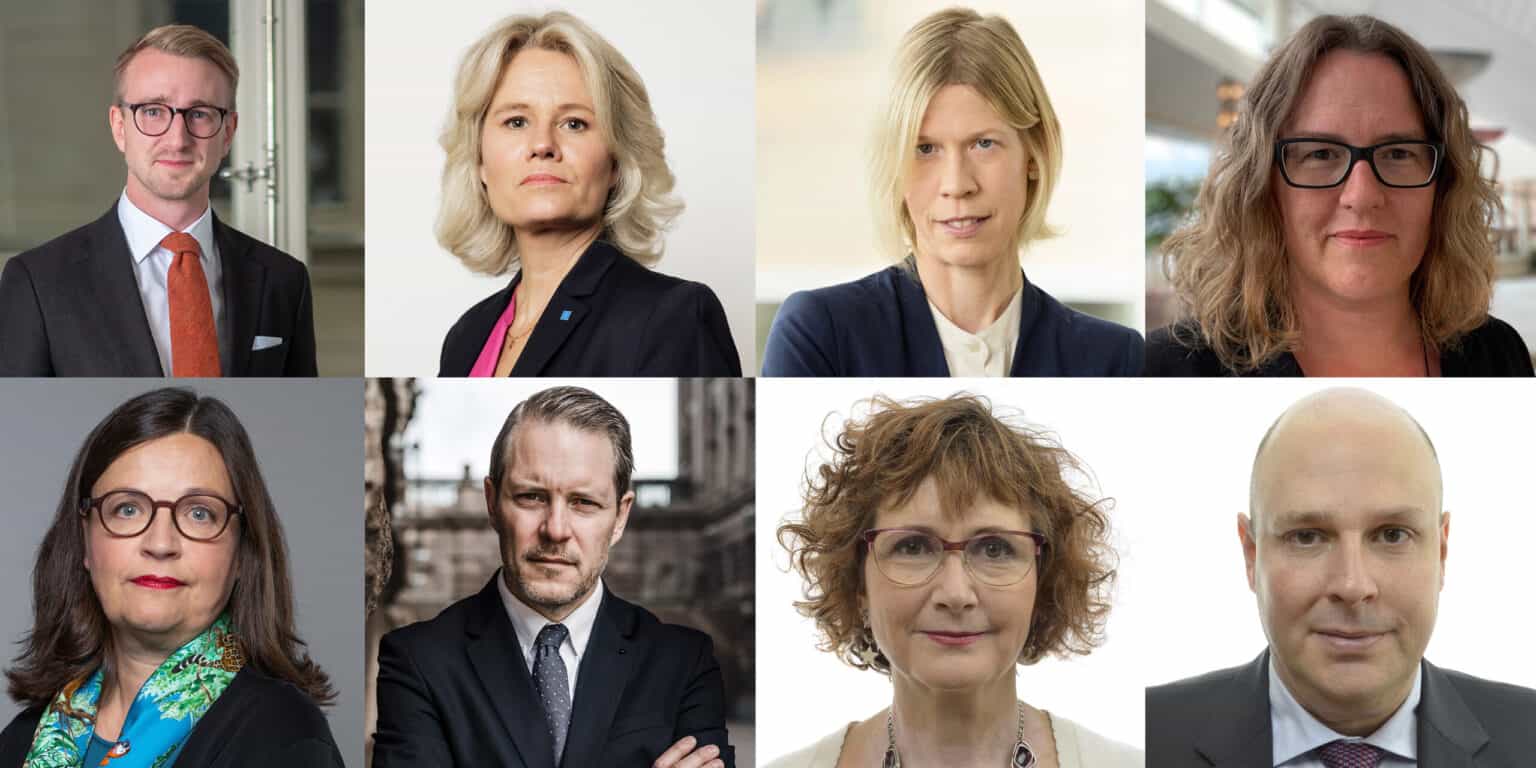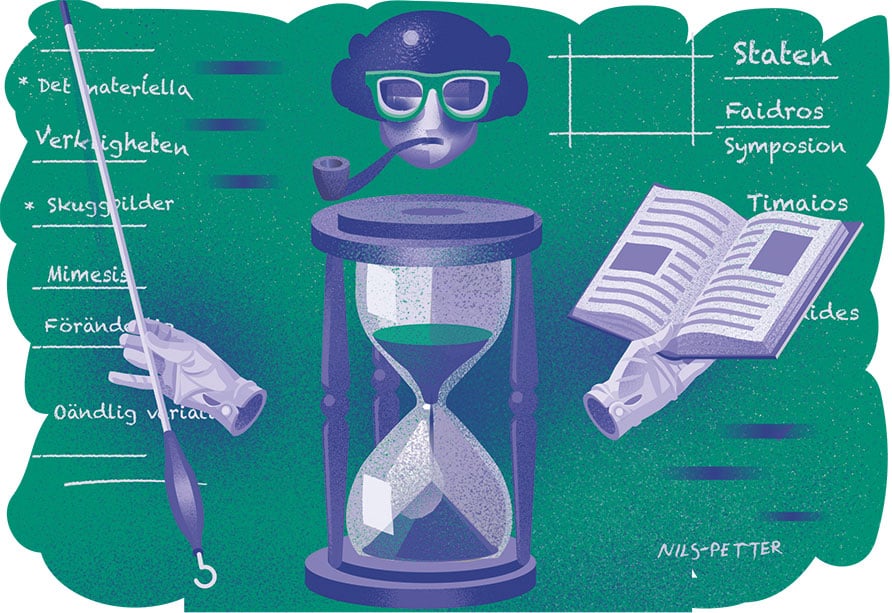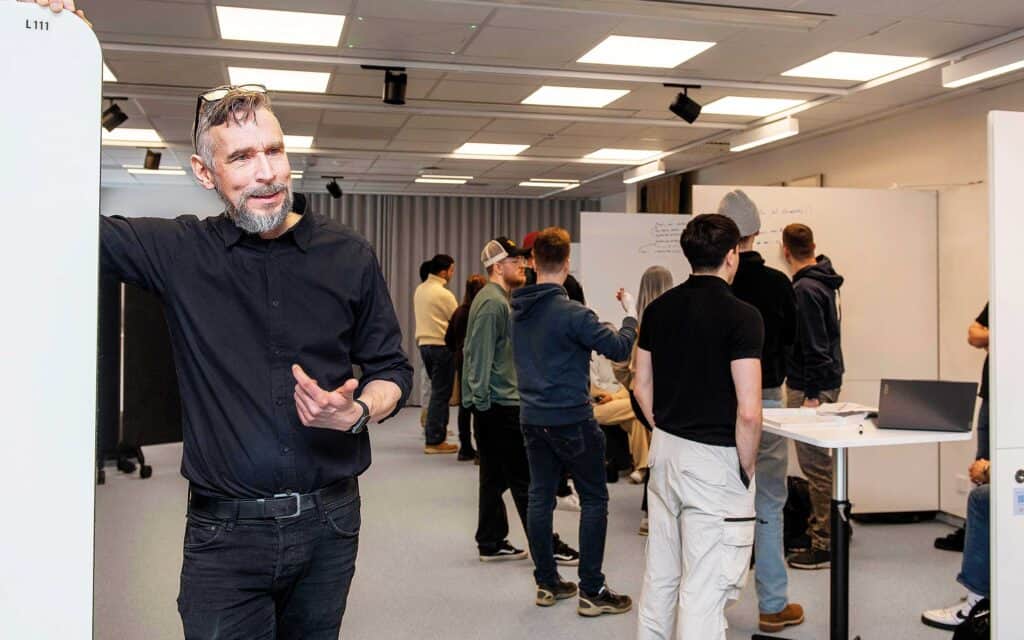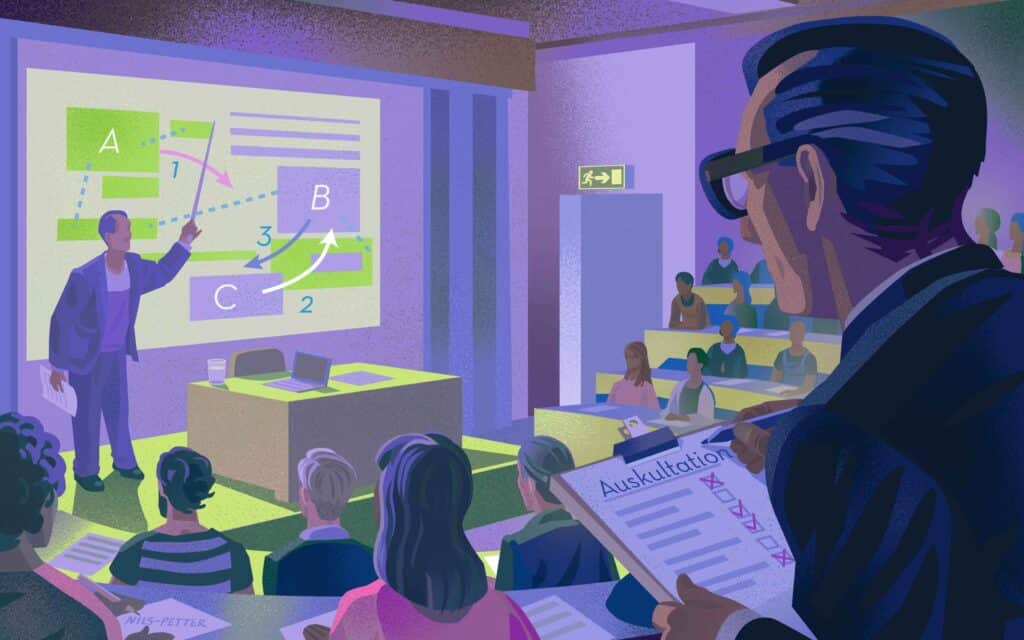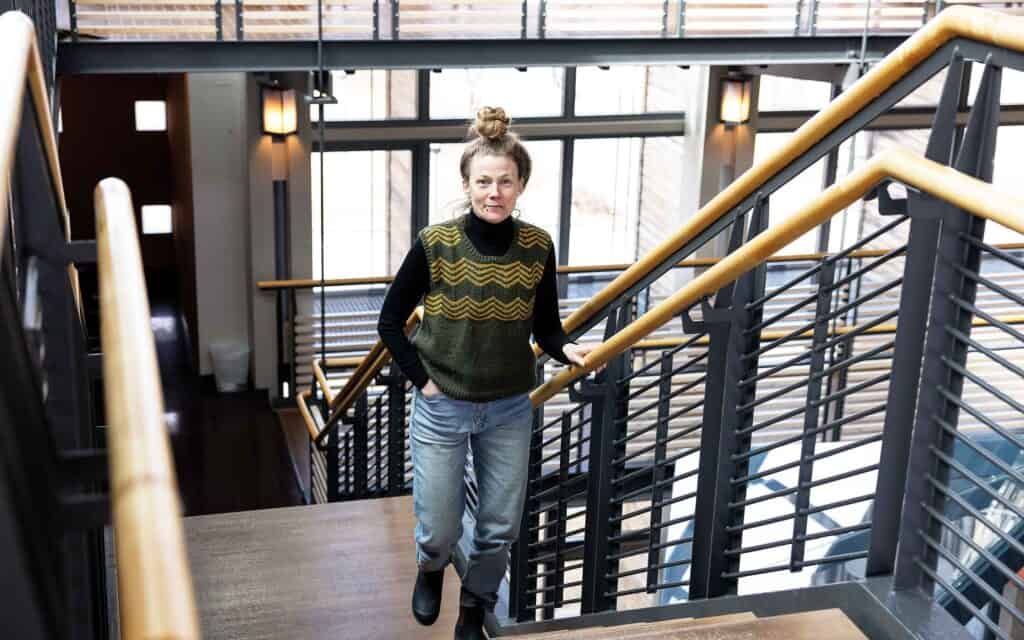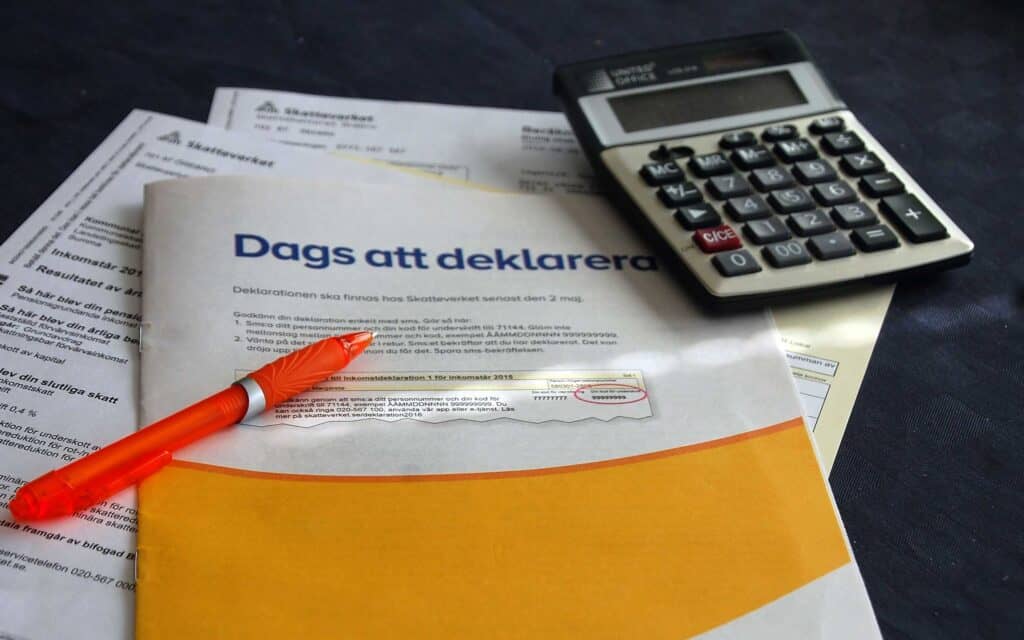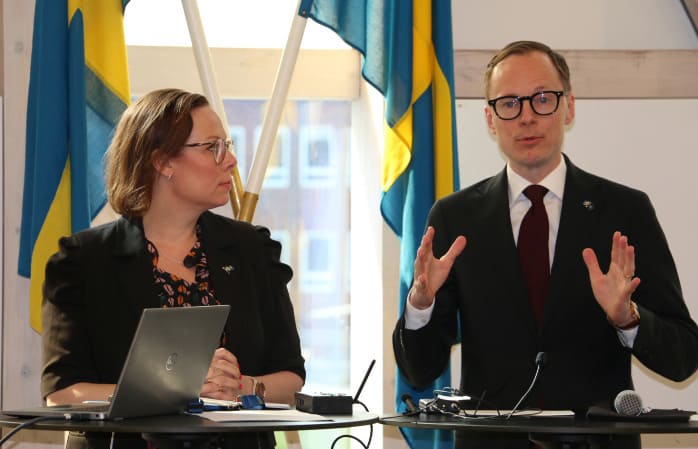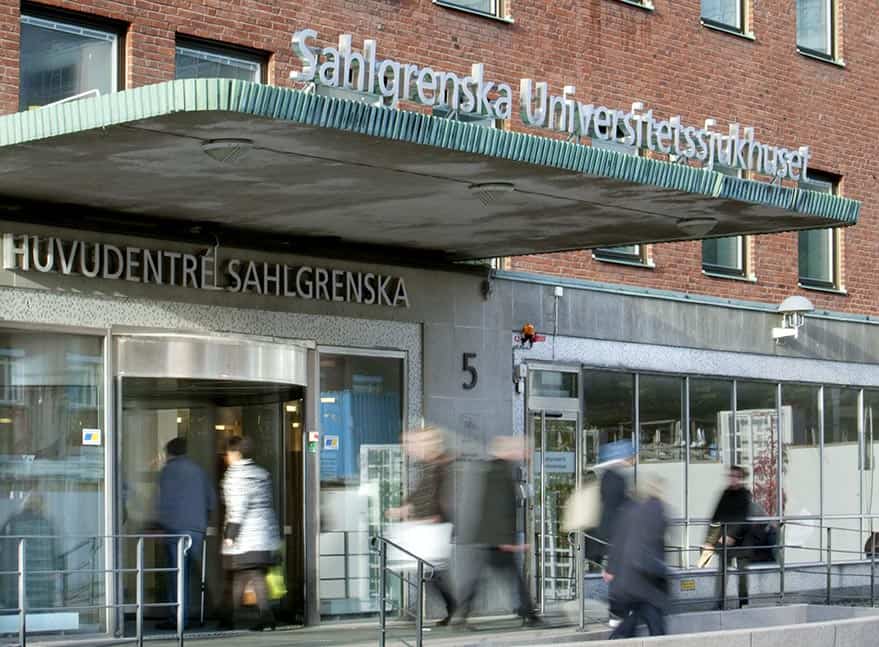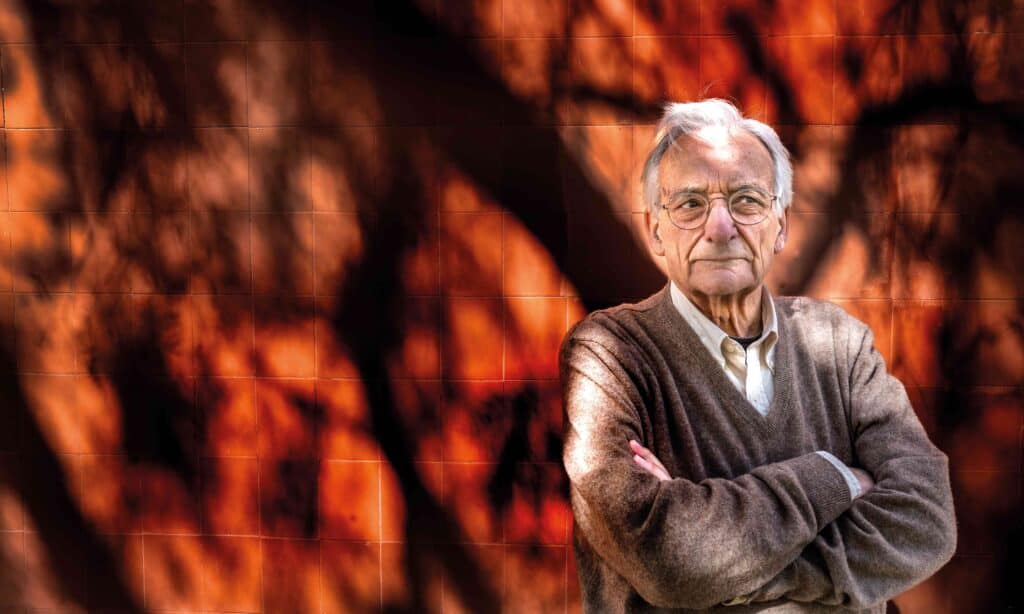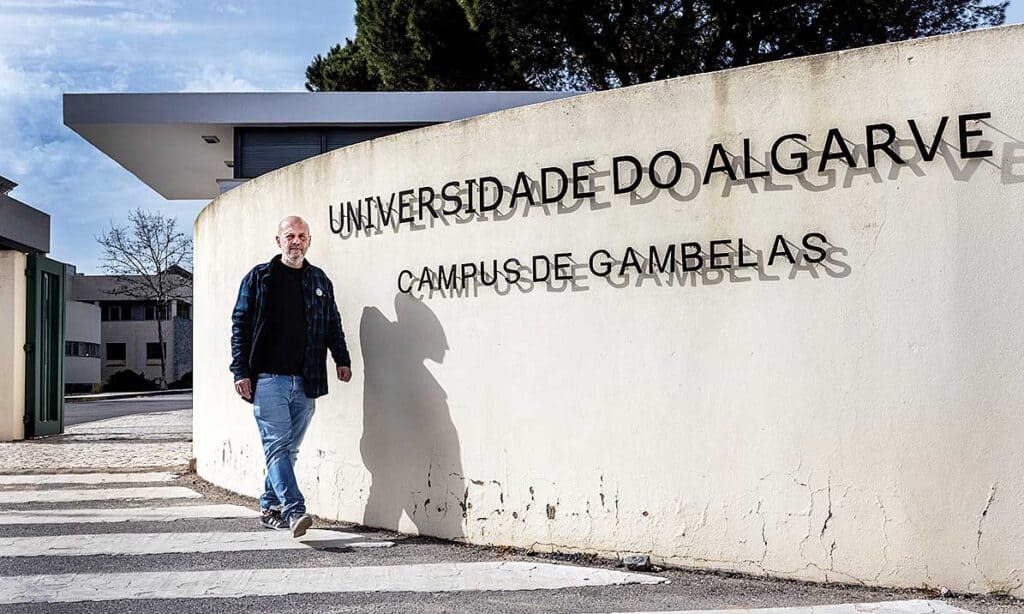The Centre Party (C):
More cutting-edge research and more high-quality educational programmes. Yes, the Centre Party wants to make Sweden a stronger knowledge nation, explains Fredrik Christensson, the party’s education policy spokesperson. Among other things, the party wants to see more independent Swedish universities.
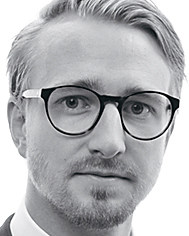
“We see a need to reinforce academic freedom in Sweden,” he says. “We think there is a freedom aspect to enabling more universities to become foundations, but political initiatives are necessary to enable the implementation of a foundation reform.”
In a future research bill, the party would like to increase state funding for research, partly to provide more secure employment and thus greater academic freedom, says Christensson. In the long term, they want to incorporate the latter into the constitution.
C believes that the change in migration legislation, which made it more difficult for newly qualified PhDs to obtain permanent residence permits, is problematic because it creates uncertainty for doctoral candidates. There is a danger that Sweden will be seen as a less attractive research nation. The party would therefore like to amend the law.
Interviewed by Per-Olof Eliasson
The Christian Democratic Party (KD):
Secure employment conditions and clear career paths are the key components of the Christian Democrats’ higher education policy, says Pia Steensland, spokesperson for research and higher education.
“As a researcher, you should be, you want to be, and you always are in a competitive environment. It’s your driving force all the way. But when you deliver, there must be a clearer way forward.”
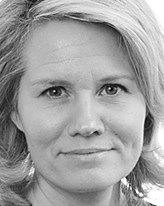
And secure employment is essential if Sweden is to attain a leading position as a prominent research nation, which KD highlights as the foundation of its budget proposal.
KD is positive with regard to the increased state grants for research that are already in place, but more negative about how the government allocates the resources. The fact that the number of full-year students a higher education institution has determines the size of the increase means that increases for research-heavy institutions are too small, says Steensland. The party also wants to enable earmarking of certain parts of the state funding.
KD also wants to review quality assurance within research and would like to see changes to the migration legislation.
Interviewed by Linus Hellerstedt
The Liberal Party (L):
High quality without increasing the number of places in higher education and constitutionally protected academic freedom. Maria Nilsson, the Liberals’ party secretary identifies these issues as the most important. It is also in these areas that she sees a difference between the higher education policies of the left-leaning parties and that of the Liberals, in as much as L advocates quality rather than quantity, meaning that the party does not wish to increase the number of places in higher education without ensuring the quality of education at the same time.
L wanted to include constitutionally protected academic freedom in the now-abandoned “January Agreement” between several political parties, but was not successful, and they continue to push the policy, says Nilsson.
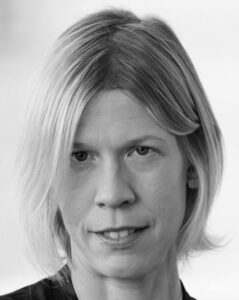
After first declaring support for stricter migration legislation, the party has changed its opinion and now demands exemptions for foreign researchers.
L does not want to see the establishment of more higher education institutions and calls for criteria for what is required for an institution to be upgraded to the status of university. Teacher training continues to be a priority issue for the party, she says, and among their proposals is the concentration of such programmes to fewer higher education institutions.
Interviewed by MarieLouise Samuelsson
The Green Party (MP):
Increased state funding for research and better conditions for students, researchers and teachers are issues that the Green Party wishes to prioritise, says Camilla Hansén, spokesperson on higher education issues. Better funding is needed so that the higher education institutions have greater scope to direct research themselves. When it comes to students’ conditions, MP focuses on social aspects of student life, such as student health, finances and housing.
“You can boil it down to ensuring enough teaching time in general,” she says. “Teaching time varies greatly between different programmes, and the needs differ, but we know, for example, that the humanities are lagging behind and have far too little teaching time.”
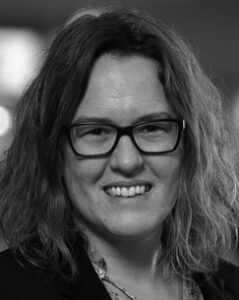
The Green Party also wants to focus on equivalent standards of education quality throughout the country, and a corresponding spread of research environments. Digitalisation can solve many educational issues, they believe.
The party wants to see more research on how people can live more sustainably, and how society can encourage people to wish to do so.
Interviewed by Per-Olof Eliasson
The Moderate Party (M):
The Moderates want to prioritise research resources better. The goal of Sweden being a world-leading research nation are ambitious, but there are few conditions in place for achieving it, says Lars Hjälmered, education policy spokesperson.
“Research requires resources, but also prioritisation. There is always a financial debate about research and higher education. If you look back 15 years, quite a lot of money has been invested in the sector.”
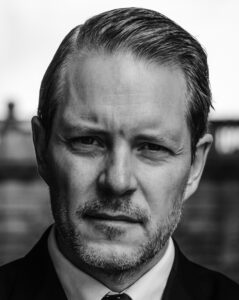
The party does not believe that more universities or colleges are needed. At the same time, research resources should not be concentrated to the large universities.
In the education committee, however, there is more focus on schools than on higher education, and the Moderates have prioritised teacher training programmes. There, they want to review whether more teacher-led teaching and aptitude tests are needed.
“But I also hope to be able to highlight higher education and research. These are important issues in my party, even though everyone knows that elections are not won or lost on research policy.”
Interviewed by MarieLouise Samuelsson
The Social Democratic Party (S):
The interface between university teachers and students needs to change. The Social Democrats’ Anna Ekström, the current Minister for Education, wants to see more quality and “real depth” in higher education. This can be achieved by teachers and students meeting in other ways than is the case today, she says.
“I meet university teachers who complain that there are now so few seminars, despite them being so important for providing a scientific foundation for learning.”
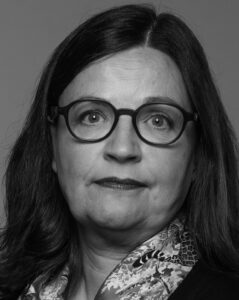
She believes that the number of seminars has decreased because universities and colleges have had to devote time and resources to measurable goals and “filling in the right columns.”
When it comes to what the government has achieved, Ekström is most satisfied with the study support for retraining and redeployment, which provides financial compensation for employees who further their education.
S also advocates increased state research grants, as Ekström is satisfied with the increase that the government has implemented during its time in office, even though it is not sufficient, she says.
Interviewed by MarieLouise Samuelsson
The Sweden Democrats (SD):
SD wants to act on the higher education institutions’ signals that students’ prior knowledge when starting higher education programmes is too poor, because – according to Patrick Reslow – this risks diluting higher education and making it an extension of upper secondary school.
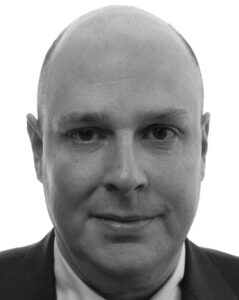
The party therefore wants to increase state funding because the higher education institutions will need to employ more teachers, doctoral candidates and postdocs. SD also believes that too little of the funding goes to research, and that external research funders therefore have too much influence over research. The party therefore wants to reduce funding to the Swedish Research Council, Vetenskapsrådet.
In other matters, SD wants to see less gender research and a collective grant for the fine arts institutions, partly because the need for research is not as great there, says Reslow.
Interviewed by Linus Hellerstedt
The Left Party (V):
A change in how higher education and research are financed is the most important issue for the Left Party, says Ilona Szatmári Waldau, the party’s spokesperson on higher education and research.
“We want to increase the amount of money per student so that there is more money for undergraduate education,” she says, “and in that way change the balance between the different price tags. We also want to remove the performance-related aspect. We believe that would benefit research in the long run.”
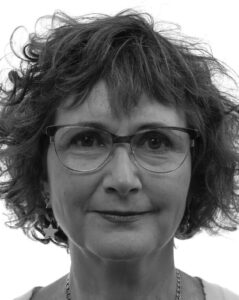
It is also important to have more teachers, because then it will be easier to combine research and teaching, says Szatmári Waldau.
The party believes that the forms of employment in the sector need to be reviewed and proposes that doctoral candidates be given permanent employment after two years. It is important that higher education institutions are spread throughout the country and that regional universities have research programmes “to be able to attract good teachers,” she believes.
V previously proposed full fee exemption, with abolished fees. Nowadays, however, it advocates a review of what changes would be appropriate.
Interviewed by Per-Olof Eliasson
Longer versions of all interviews can be found in Swedish here.
